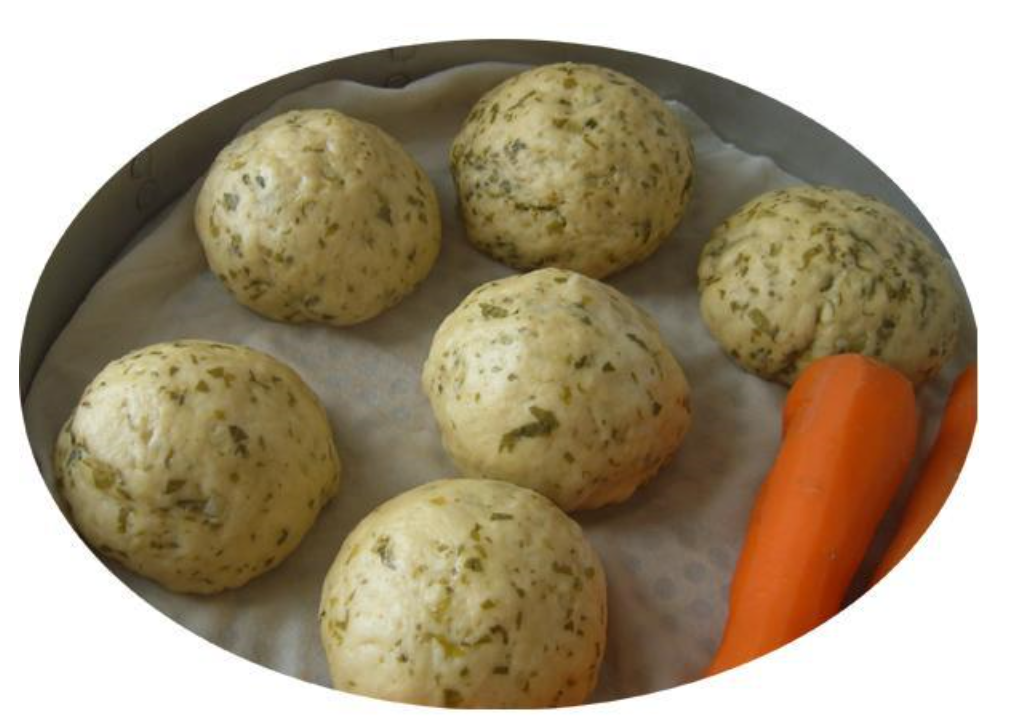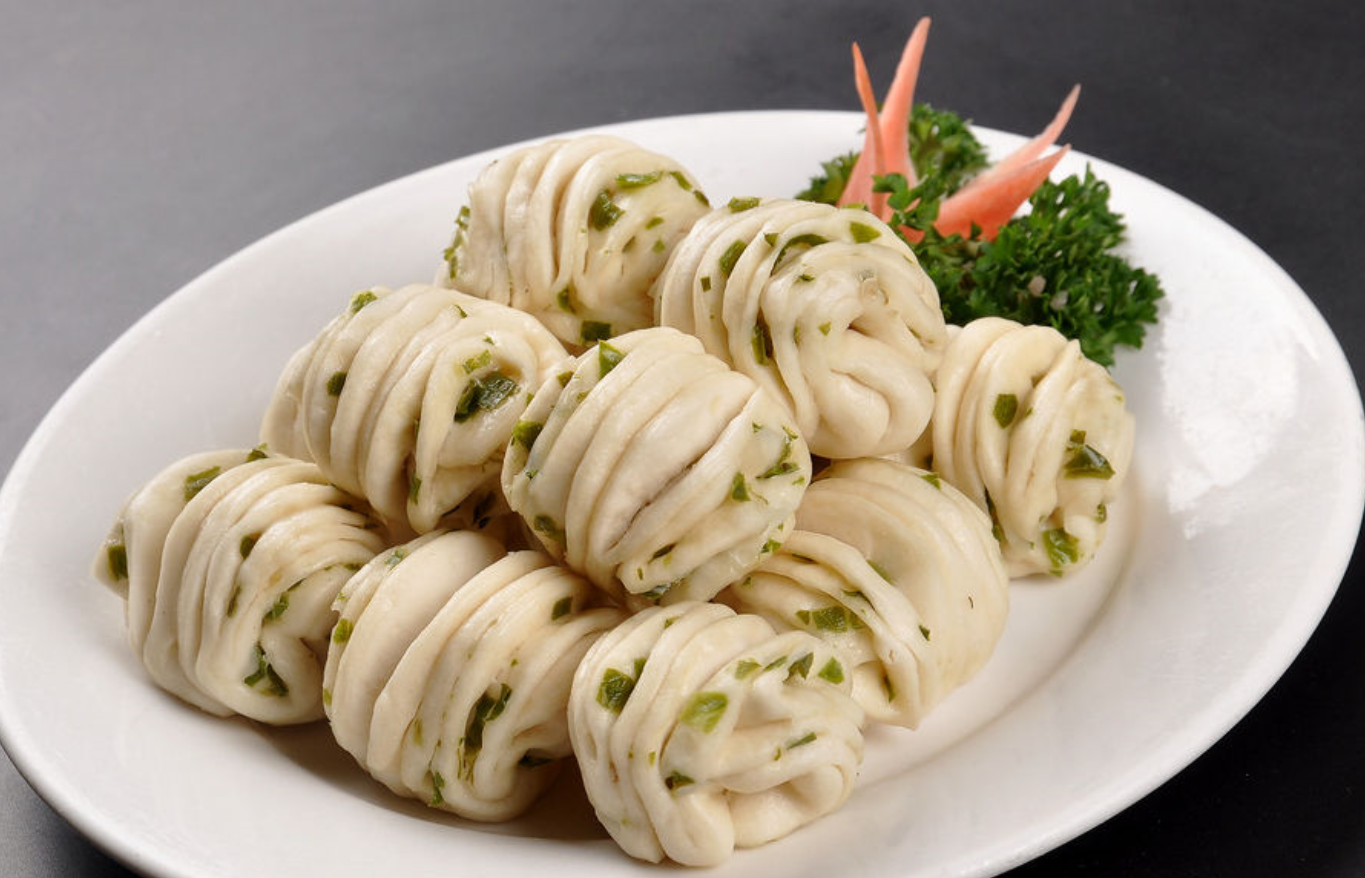Release time:2025-09-05 11:38:55 Publisher:Babi
Babi Food (stock code: 605338) is one of China’s top companies in the food industry. It started by selling traditional Chinese steamed buns and dim sum. In 2020, it became the first steamed bun maker to go public on the Shanghai Stock Exchange. By the end of the third quarter of this year, Babi Food had nearly 5,300 stores across China.
Breakfast is a huge market in China. According to Liu Huiping, the founder and chairman of Babi Food, the company is far from reaching its full potential. He believes Babi can grow to 20,000–30,000 stores in China.

From 1 Store to Over 5,300
Most people think of steamed buns as something made and sold in small street shops. But at Babi’s central kitchen in Shanghai, things are different. Here, the company uses machines to mix dough, add fillings, steam, freeze, and pack the buns. Most of the work is automated.
Babi sells its products in several ways:
Every day, refrigerated trucks deliver fresh buns and fillings from the central kitchen to stores across the country. From raw materials to finished products, the process takes only a few hours. This keeps the food fresh and safe.
Liu Huiping is proud of this supply chain system. He says, “Babi’s most important strength is its supply chain.”
Liu is from Anqing, a city in Anhui province known for producing skilled dim sum chefs. In 2003, he opened the first Babi store in Shanghai. Over the next 20 years, Babi grew from one store to over 5,000 across China.
Although known for steamed buns, Babi now offers many types of Chinese dim sum and fillings. Some products are heated and sold directly in stores. Others are made into finished products at the store.
Since going public in 2020, Babi has been growing faster. In 2022 and 2023, it added over 1,000 new stores each year. By the end of September 2024, it had opened 835 new stores, bringing the total to nearly 5,300.
Compared to trendy bubble tea brands, Babi’s growth may seem slow. But Liu says, “We focus on being stable. Lasting long is more important than growing fast.”
Babi plans to keep expanding by:

Staying Focused
Breakfast is a competitive market in China. How did Babi succeed?
Liu says it’s because of great taste and a smart supply system. “Customers love our taste. Store owners find it easy and cheap to use our fillings—they need to wrap and steam them.”
Most small breakfast shops start cooking very early in the morning. Babi’s central kitchen and delivery system solves this problem. “We’ve been in this business for over 20 years. We know the challenges and how to fix them,” says Liu.
Babi also works hard to improve its recipes. Babi adjusts its products locally since people in different parts of China have different tastes. It has developed new technologies for fillings, dough, and frozen products to keep the taste consistent.
The company introduces dozens of new products each year. Since going public, it has focused on:
Except for prepared meals (which are related to its main business), Babi has not entered other industries. In 2023, almost all its revenue came from dim sum and fillings.
Liu says, “There are many businesses that make more money. But I always remind myself—that’s for others to do. Our strength is breakfast, buns, and dim sum. We may grow slower, but we do it better. That’s our advantage.”
He sees Babi as a platform that helps small business owners. “We want customers to enjoy good food at low prices. And we want store owners to make a steady income.”
A Large Market with Room to Grow
In the first three quarters of 2024, Babi made ¥1.21 billion in revenue, up 2.04% from the previous year. Its net profit was ¥194 million, up 25.7%. The company says it is cutting costs and improving efficiency.
The breakfast and dim sum market in China is very big. Babi still has a small share, which means there is plenty of room to grow. Liu believes Babi can reach 20,000–30,000 stores in China.
The company says that although small breakfast stalls may increase in the short term, chain stores will eventually dominate because they are more competitive.
Most Babi stores are small. Now, the company is trying different store models. In big cities, it will keep opening small stores. In smaller cities, it will open larger stores where people can sit and eat.
Babi is also working to increase sales per store. For example, adding pan-fried buns to the menu has increased sales by 20–30% in some stores.
Breakfast is usually eaten in the morning. Babi also promotes lunch, dinner, and online delivery to earn more.
Since going public, Babi has bought two other brands:
These purchases help Babi compete in new regions.
Previous article:Molly Tea: Alibaba's Pick, Nearly RMB 100M Investment – What's Its Path in the Cutthroat Tea War?
Next article:Auntea Jenny's HKEX IPO: Franchisee GMV Drops – What's Next for Its Lower-Tier Market Strategy?
回顶部